Understanding How a Tankless Water Heater Works
In today's fast-paced world, technology is constantly evolving, and some of that technology is used to make our lives more efficient and convenient. One such innovation is the tankless water heater. Unlike traditional water heaters that store and heat water in a large tank, tankless water heaters provide hot water on demand. According to the U.S. Department of Energy, every minute, tankless hot water heaters usually provide two to five gallons of water. If you are in need of a water heater replacement, you may be considering replacing your tank water heater with a tankless one. Here is more information about these types of modern water heating devices.
The Basics
The heart of a tankless water heater is a heat exchanger, typically made of copper or stainless steel. When a hot water tap is turned on, cold water flows into the unit and circulates through the heat exchanger. The process starts when a sensor detects the water flow, signaling the tankless water heater to activate. Once activated, a gas burner or electric heating element begins to generate heat. As the cold water passes through the heat exchanger, it absorbs this heat, raising its temperature to the desired level. This is very different from a traditional hot water heater. A traditional hot water heater fills with water, and that tank of water is heated. The water is not heated on command or heated as needed.
Control Mechanisms
To maintain the desired water temperature, tankless water heaters employ control mechanisms. These mechanisms can adjust the flow rate and the amount of heat generated by the burner or heating element. By carefully regulating these factors, the water heater ensures that the outgoing water maintains a consistent temperature. A professional water heater replacement company can work with you to ensure the control mechanisms on your new tankless water heater are properly set. This helps to ensure that water is heated as fast as possible and to a temperature that's right for your specific needs.
Gas-Powered vs. Electric Tankless Water Heaters
If you're considering choosing a tankless water heater for your water heater replacement, you can pick from either gas-powered or electric models. Gas-powered units utilize a gas burner, fueled by natural gas or propane, to generate heat. The burner is ignited when the water flow is detected, providing an instant and continuous supply of hot water. On the other hand, electric tankless water heaters use electric heating elements to heat the water. When the water flow is detected, electricity is supplied to these elements, converting electrical energy into heat energy. While electric models are generally easier to install, gas-powered units offer a higher flow rate, and we've seen that they're often preferred for larger households.
Benefits of Tankless Water Heaters
One of the biggest benefits tankless water heaters offer is energy efficiency. Unlike storage tank models that constantly heat and reheat water to maintain a set temperature, tankless water heaters only activate when hot water is needed. This "on-demand" feature reduces energy consumption and lowers utility bills. An endless supply of hot water is another benefit. With a tankless water heater, there's no risk of running out of hot water, as it provides a continuous supply. This is especially beneficial for households with high hot water demands.
One of the lesser-known benefits is the space savings associated with tankless water heaters. Tankless water heaters are compact and wall-mounted, saving valuable space compared to bulky storage tank models. This is advantageous for homes with limited square footage. The final benefit is longevity. Tankless water heaters typically have a longer lifespan compared to traditional units. We've seen that they can last up to 20 years or more with proper maintenance, making them a durable and cost-effective investment.
Tankless water heaters are a modern solution to meet the ever-growing demand for hot water. By efficiently heating water on demand, these innovative appliances provide a continuous supply of hot water while saving energy and space. Whether you opt for a gas-powered or electric model, the principles of heat exchange and control mechanisms work harmoniously to deliver hot water whenever it's needed. If you're looking for a
water heater replacement, tankless water heaters may be ideal for you. Reach out to Plumbing Today LLC today to learn more about this type of water heating device and whether it may be ideal for you.
serving Area
Serving The Greater Omaha Area & Council Bluffs

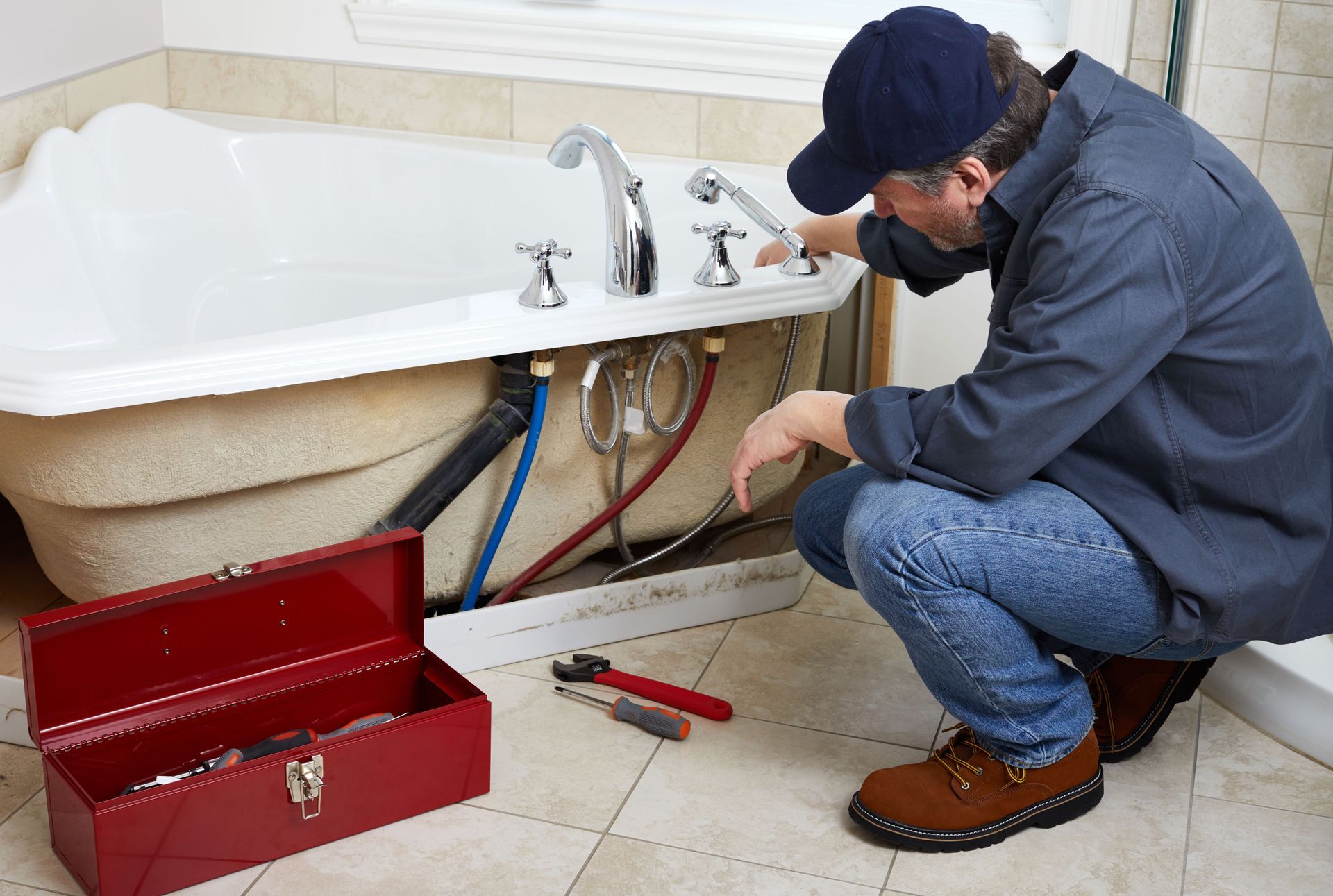

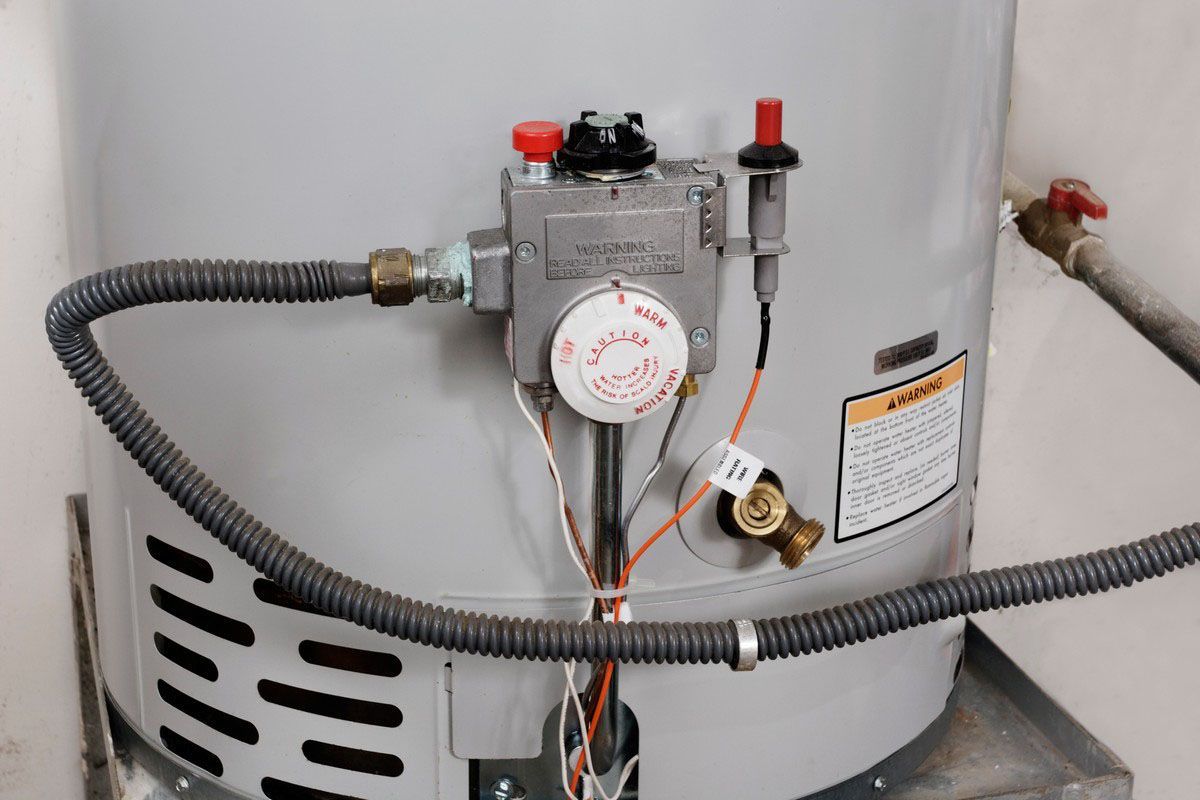
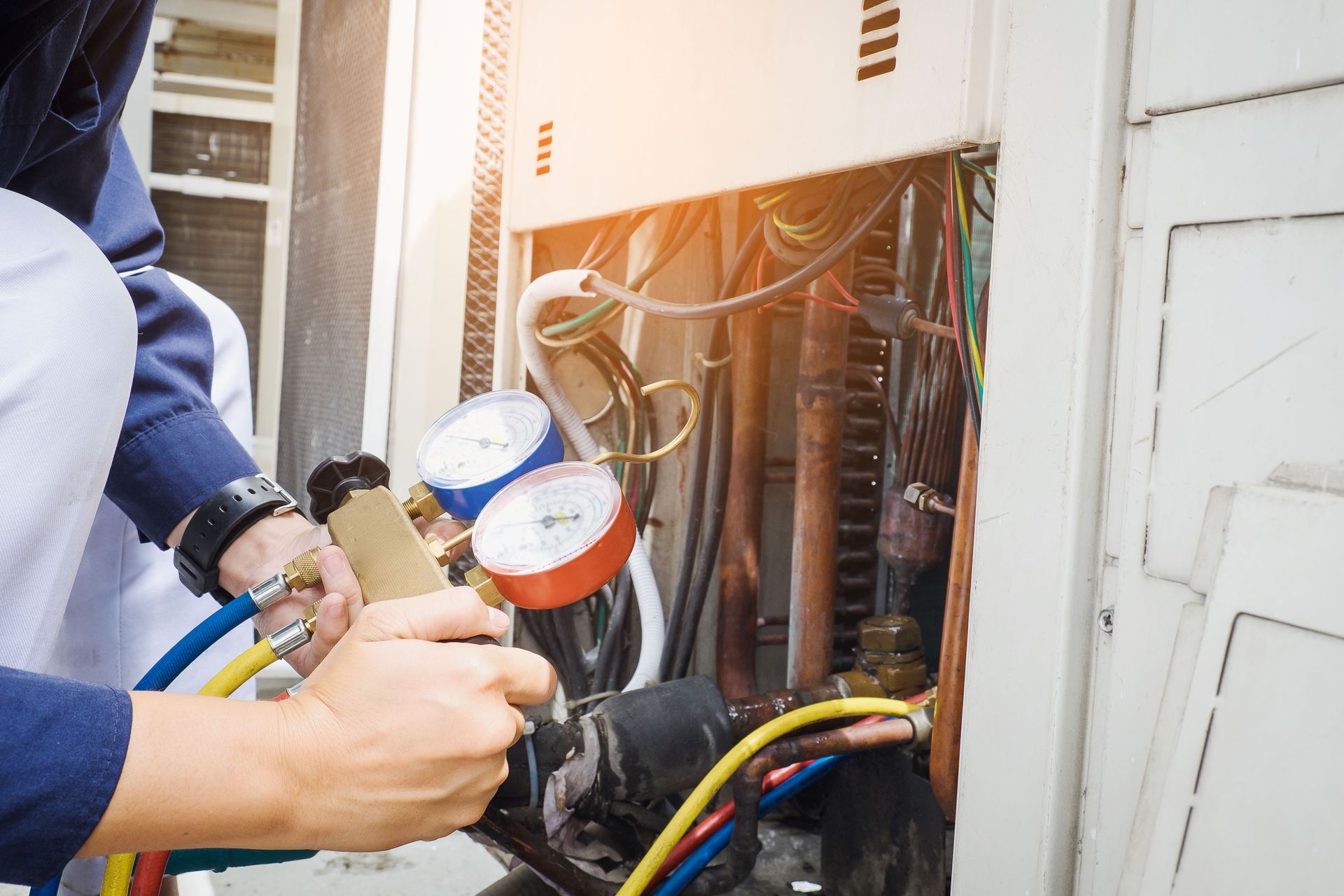
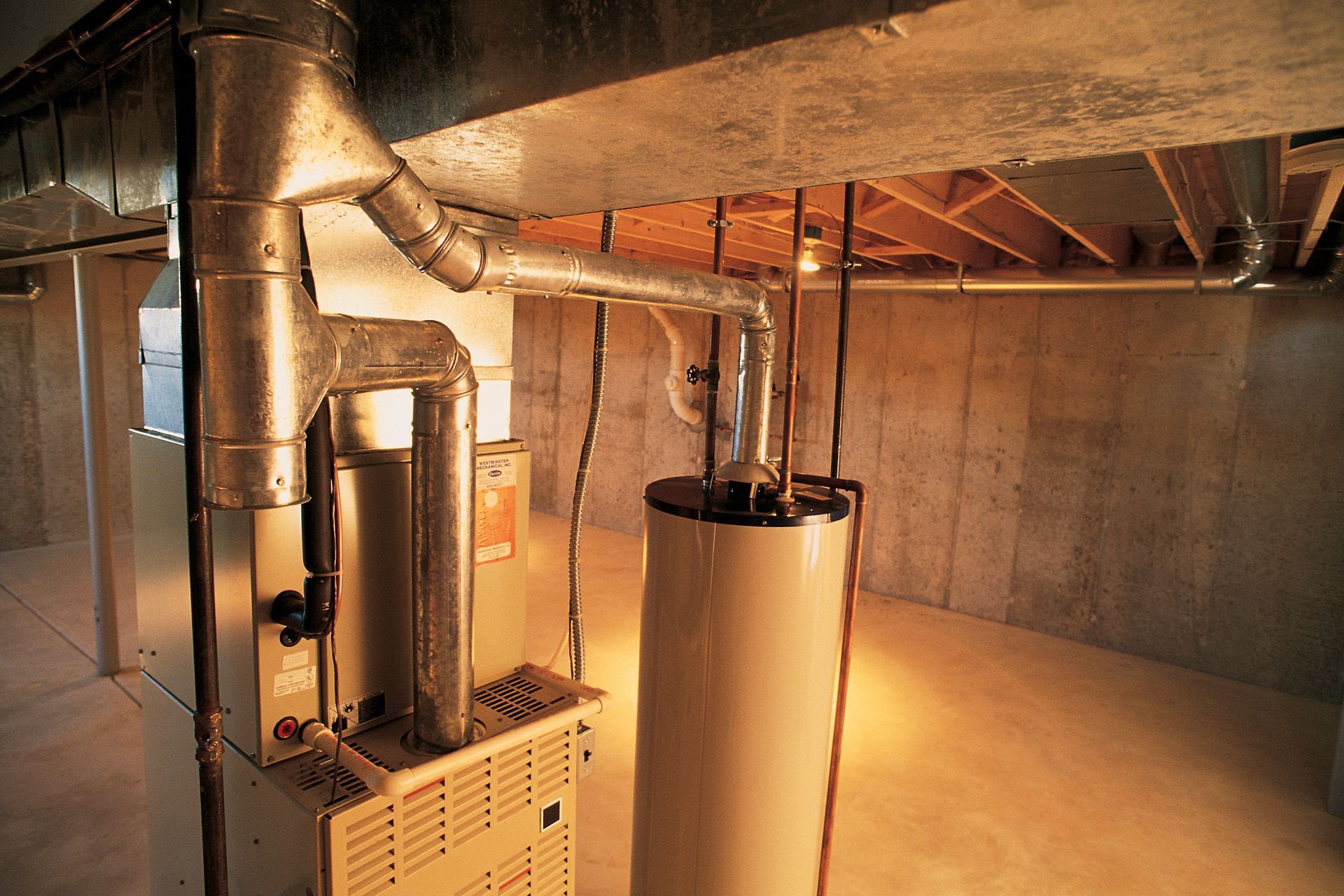
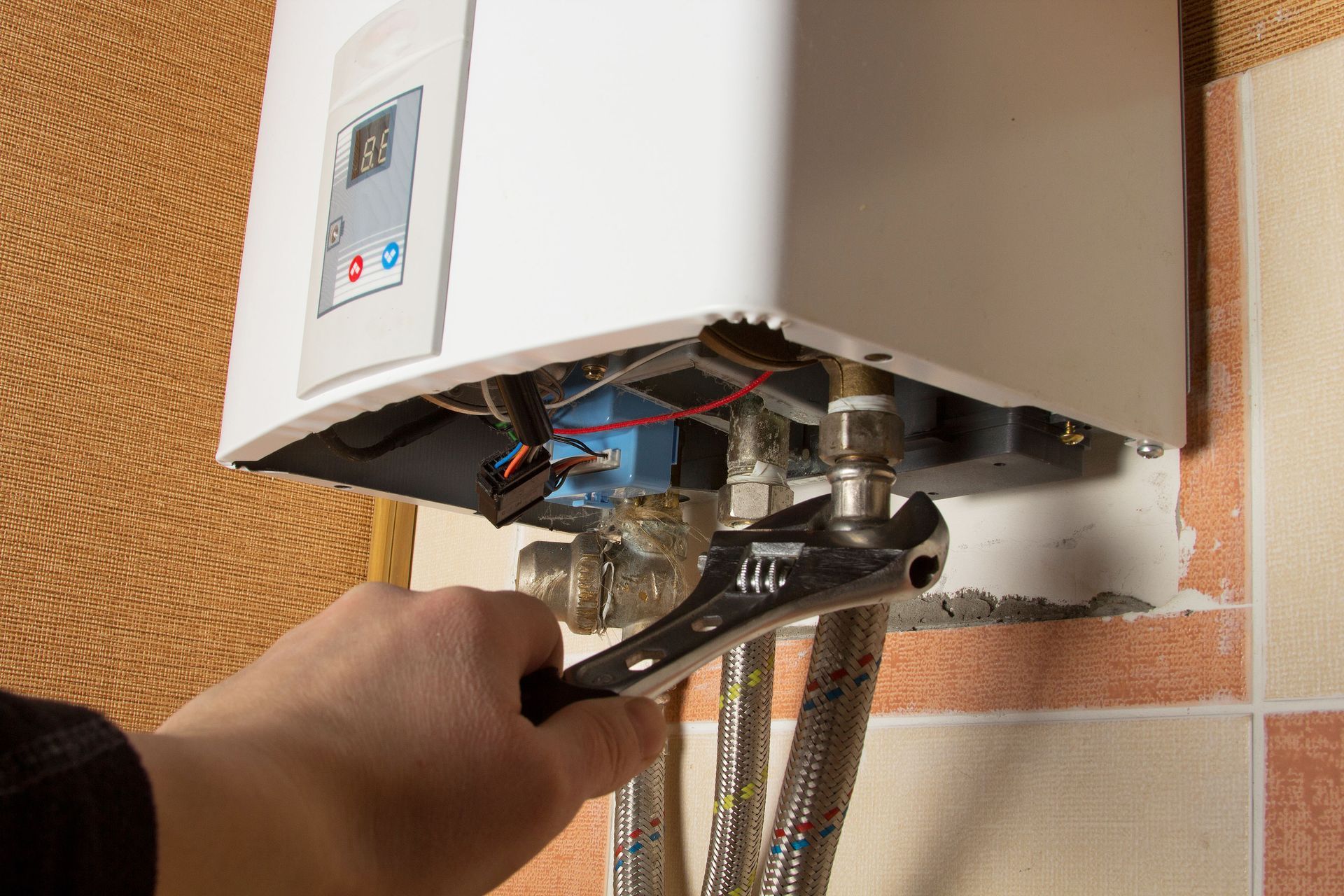
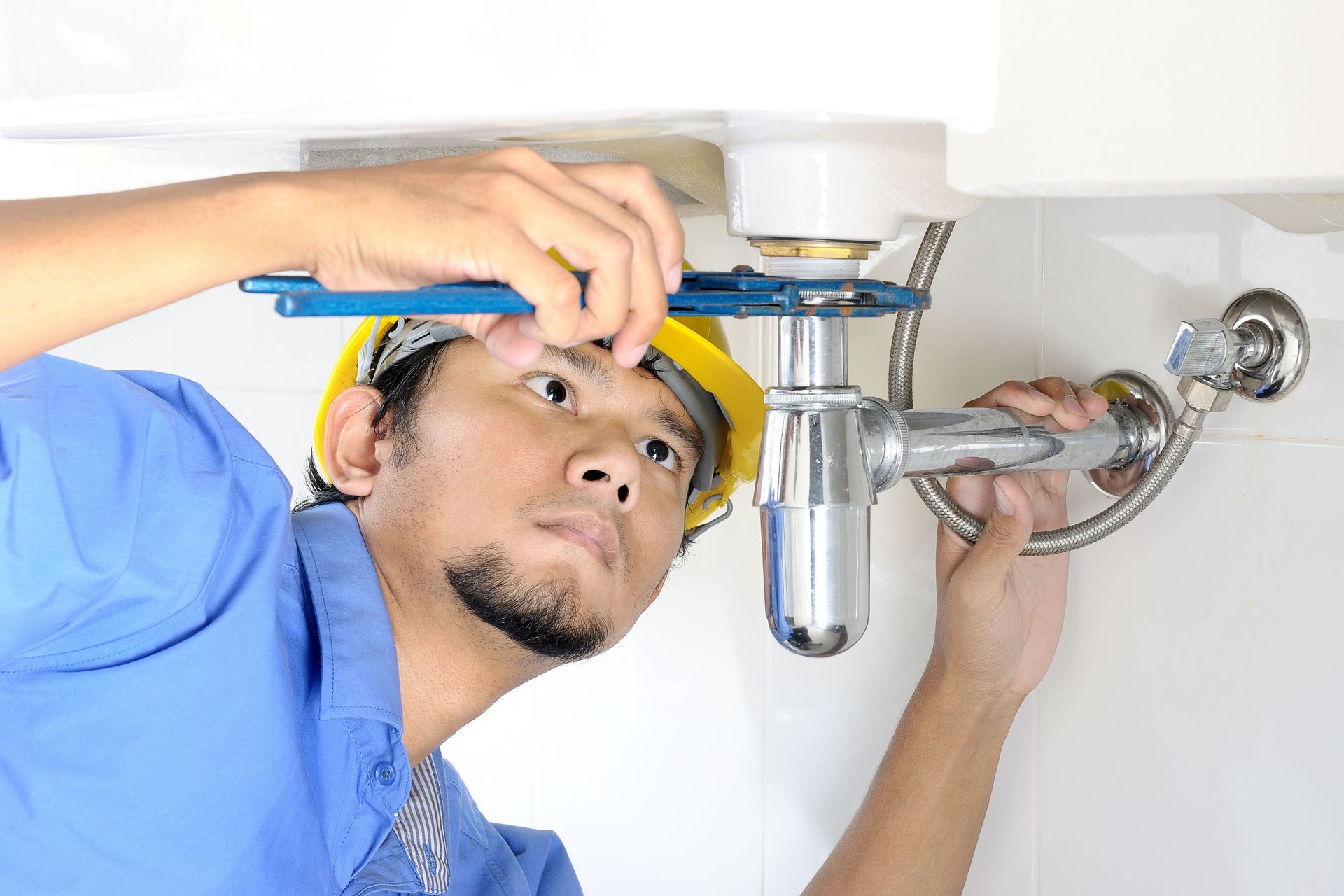
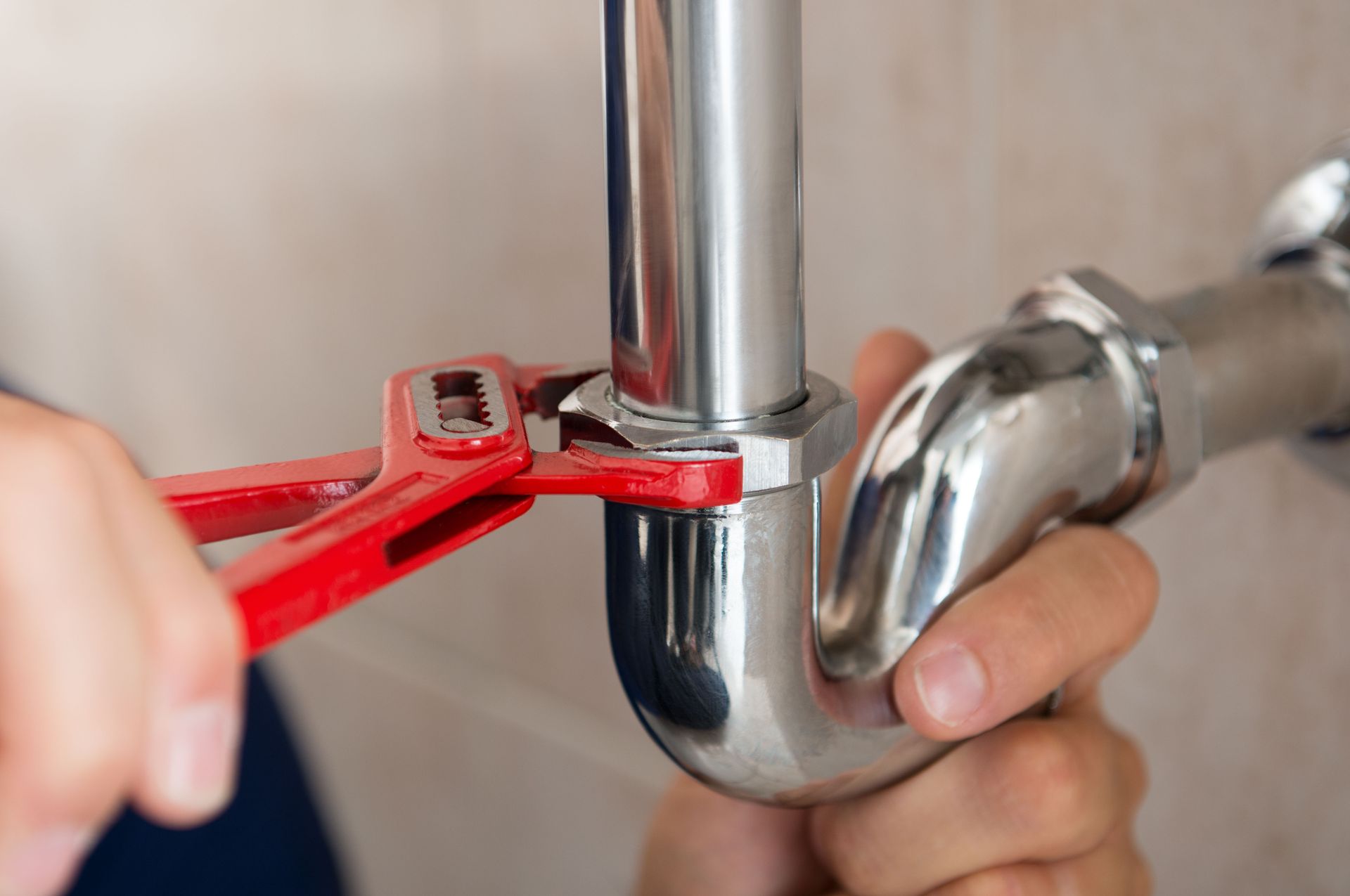
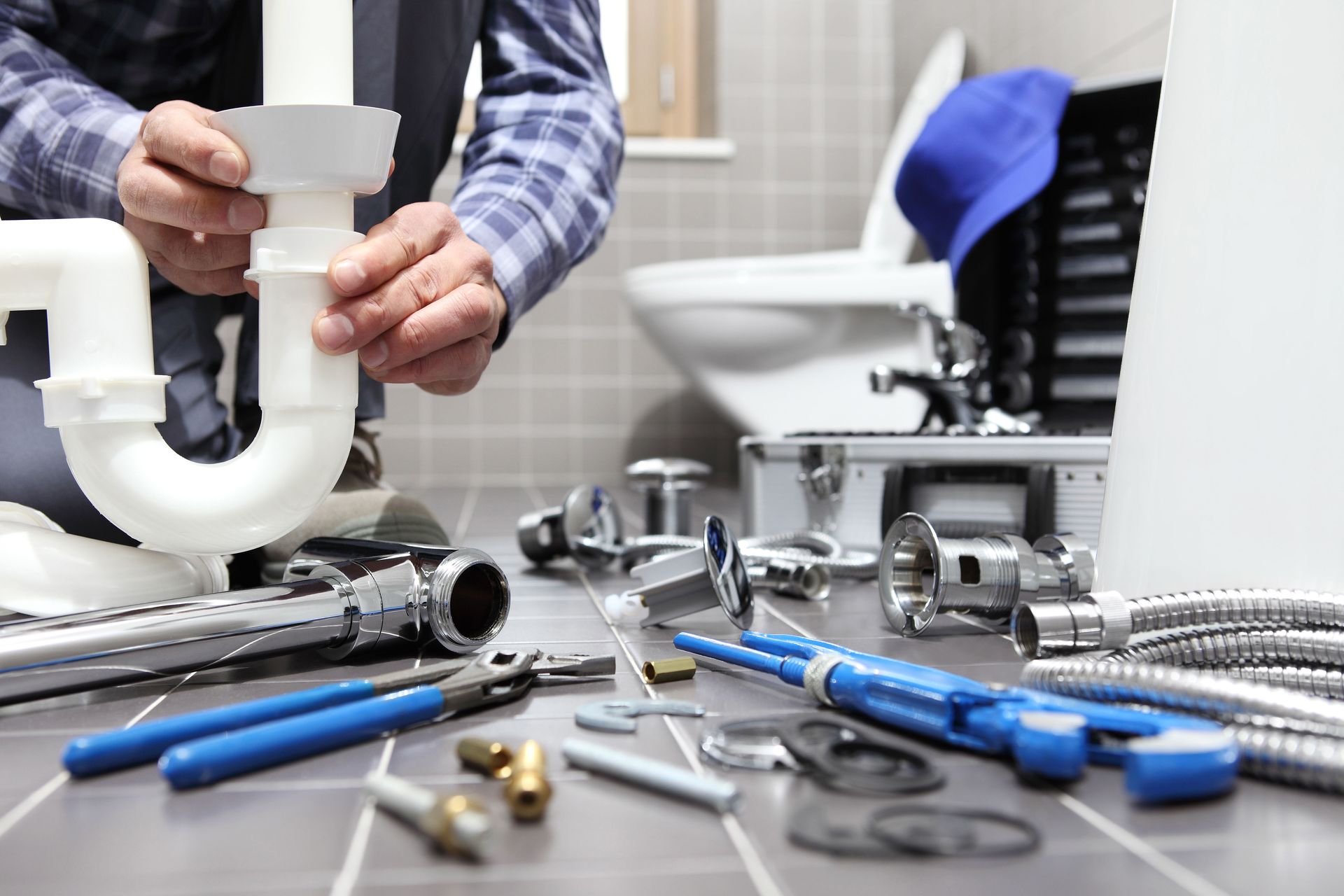
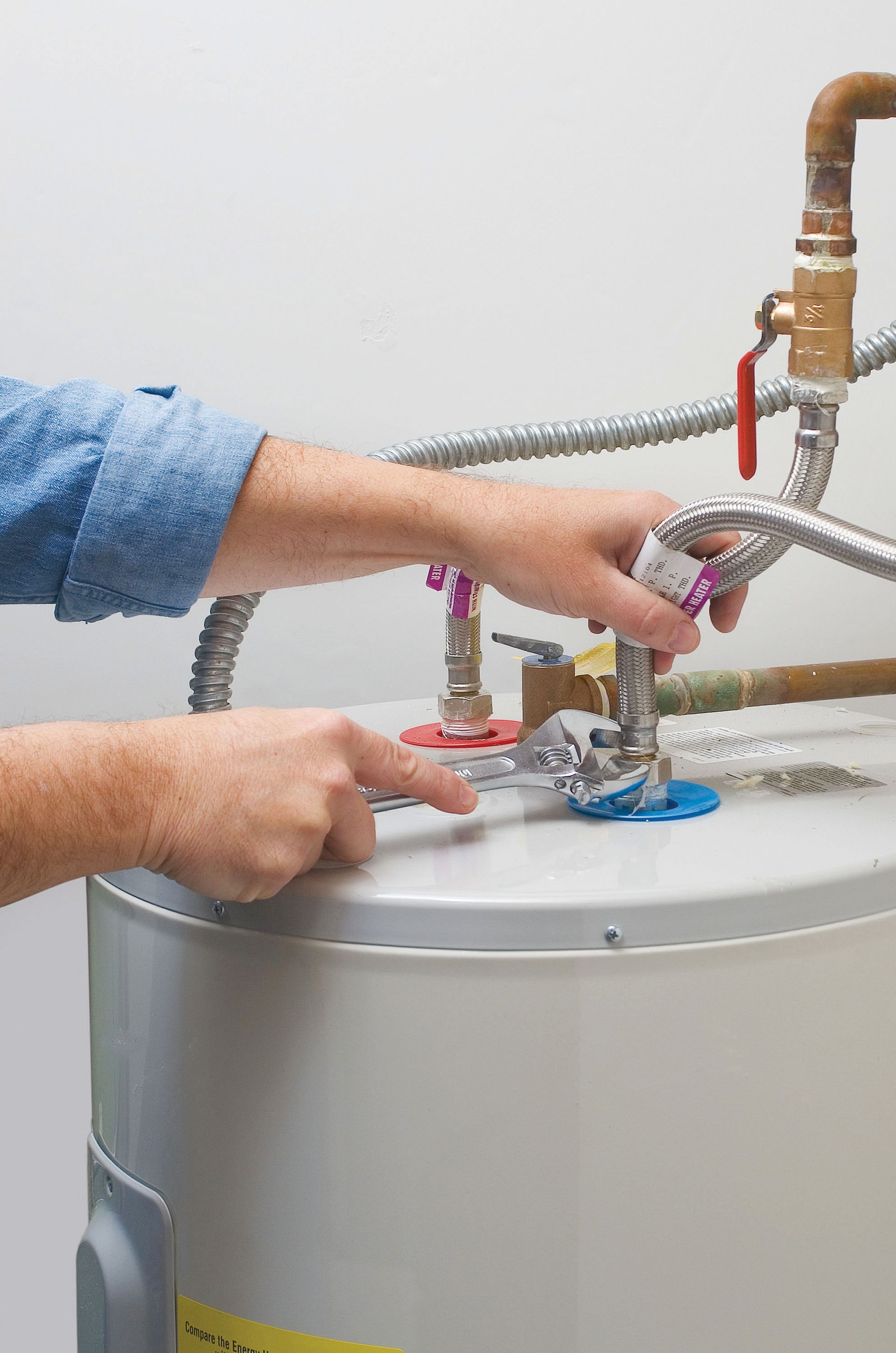
Share On: